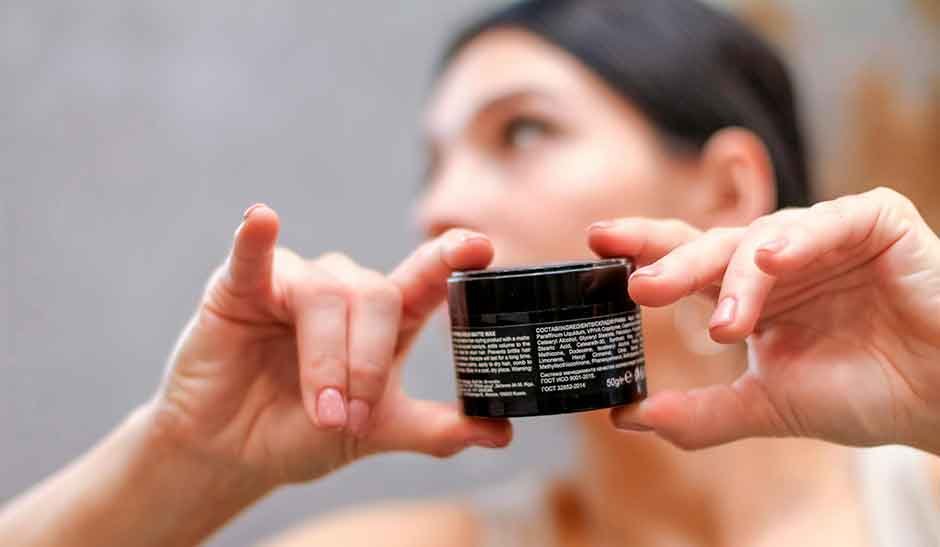Whether you’re a top athlete or just starting to get fit, how your muscles recover plays a big part in long-term success and staying injury-free. Tough workouts stress your muscles and cause tiny tears that need good food and rest to heal. A healthy diet and enough sleep are key, but certain supplements can also help speed up recovery and ease soreness. Here’s a look at five powerful supplements that can help you bounce back quicker and push harder in your next workout.
Whey Protein: The Building Block for Recovery
Whey protein stands out as one of the most used and studied supplements to aid recovery after workouts. It contains a high amount of essential amino acids leucine, which helps to trigger muscle protein synthesis. This process plays a key role in fixing damaged muscle fibers. The body absorbs whey protein making it a great choice to take right after exercise. This ensures your muscles get the nutrients they need when they need them most.
Besides helping muscles repair whey protein can cut down on delayed onset muscle soreness (DOMS). This allows you to get back to working out sooner. If you can’t have lactose or have other dietary limits, you can try plant-based proteins like pea or rice protein. These can offer benefits similar to whey protein.
Creatine Monohydrate: More Than Just Strength
People think of creatine monohydrate as a way to get stronger and more powerful, but it also helps muscles recover. Creatine restores adenosine triphosphate (ATP), the main energy source for cells, which runs low after intense workouts. By bringing ATP back to normal levels, creatine speeds up recovery and cuts down on tiredness.
Research shows that taking creatine can lower signs of muscle damage and swelling making it a great addition to any recovery plan. It’s useful for athletes who do resistance training, sprinting, or other quick powerful movements.
Omega-3 Fatty Acids: Fighting Inflammation Naturally
Fish oil supplements are rich in omega-3 fatty acids, which have an impact on reducing inflammation. Exercise causes inflammation, but too much or long-lasting inflammation can slow down recovery and make you feel sore. Omega-3s help balance this process leading to better healing.
Adding omega-3s to your diet might boost joint health and ease muscle stiffness for endurance athletes or people who train a lot. If you’re a vegetarian or vegan, you can get similar benefits from algae-based omega-3 supplements.
Magnesium: The Unsung Hero of Muscle Function
Magnesium plays a crucial role in more than 300 chemical processes in our bodies, with many of these processes having a direct impact on how our muscles work and recover. This mineral helps control muscle contractions, boosts energy production, and helps reduce muscle cramps and spasms.
Athletes often lose magnesium through sweat, which makes taking extra magnesium very important. Getting enough magnesium can improve sleep quality—a key part of recovery—and lessen the pain of sore muscles after exercise. You can find magnesium in different forms, like magnesium citrate and glycinate, which our bodies absorb well.
Branched-Chain Amino Acids (BCAAs): Targeted Muscle Support
Branched-chain amino acids—leucine, isoleucine, and valine—are a group of essential amino acids that have a direct impact on muscle repair and energy production. BCAAs stand out because muscles break down instead of the liver, which allows for faster use during and after workouts.
Taking BCAA supplements has been proven to lessen muscle damage and soreness after tough or new types of exercise. While you can find BCAAs in foods rich in protein concentrated BCAA supplements can provide specific support. This is helpful for people who train without eating or don’t get enough protein in their diet.
When you pick muscle recovery supplements, think about what you need, what you eat, and how hard you train. The quality, amount, and timing of supplements make a big difference in how well they work. Not all supplements are the same.
Conclusion
Muscle recovery involves many parts. You need to eat right, rest enough, and use the right supplements. Adding proven supplements like whey protein creatine, omega-3s, magnesium, and BCAAs to your routine can help your body heal better. They can also cut down on soreness and help you keep making progress in your fitness goals. But remember, talk to a doctor before you start taking any new supplements. This ensures they fit with your health goals and any health issues you might have.










